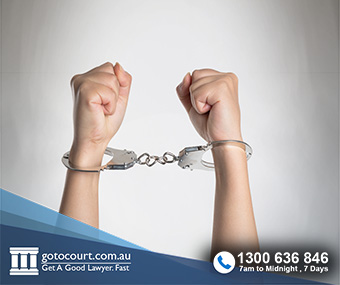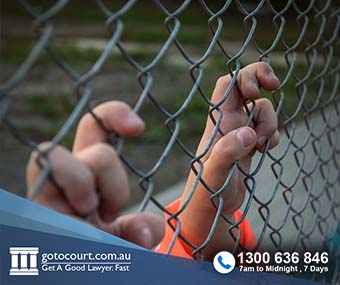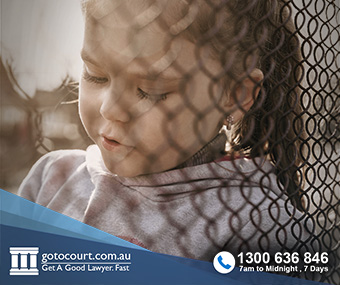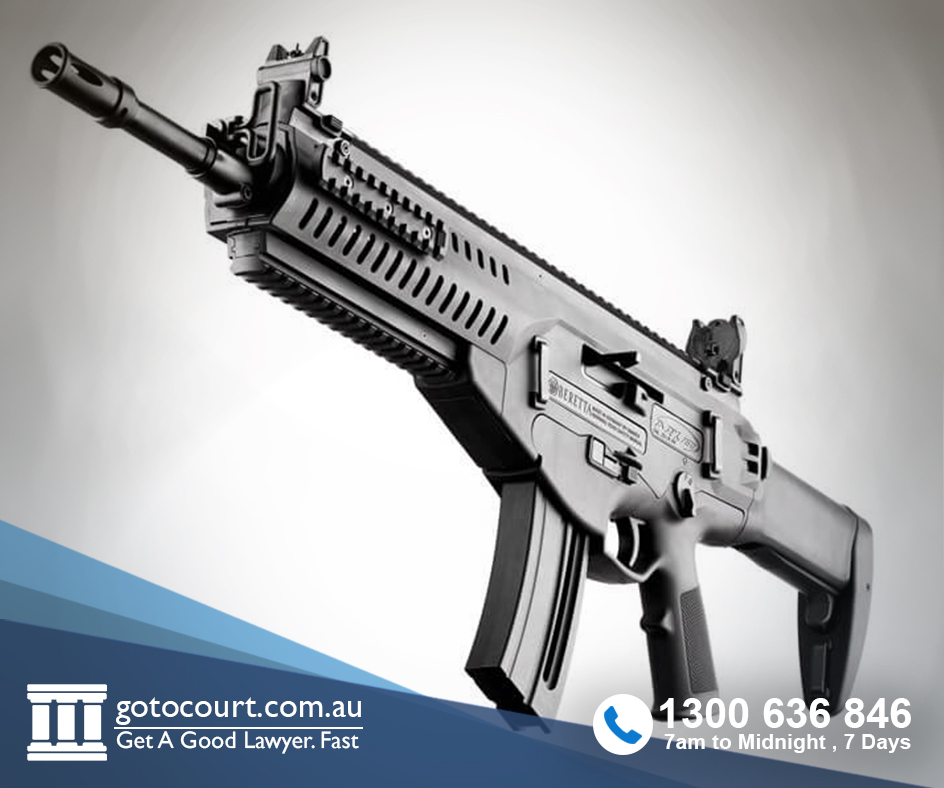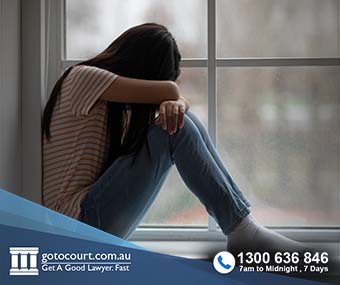Bail in Australia
When a person is charged with a criminal offence, they may be remanded in custody or granted bail by the police or by a court. Every state and territory has its own bail laws; however, the general principles governing bail are the same throughout Australia, although they are expressed differently in the legislation of different jurisdictions. This page summarises bail laws in Australia.
What determines whether bail is granted?
A person will be refused bail if their release would pose a risk to the community and bail conditions could not mitigate that risk. When considering a bail application, courts consider many factors including the following:
- The alleged offences
- The strength of the case
- The accused’s prior criminal record
- The accused’s bail record
- The accused’s circumstances
In most states, there are bail presumptions that apply in particular situations, such as where a person is charged with a certain offence or has certain prior convictions. These presumptions require the defence to make a case for why bail should be granted to a person who is facing serious offence, and the prosecution to show why bail should not be granted for less serious offences.
What bail conditions will be set?
When a person is granted bail, they must attend court to finalise the charges. Others bail conditions may also be set depending on the circumstances.
These include:
- To live at a particular address
- To report to police at particular times
- To be supervised by Corrections
- Not to contact particular people such as alleged victims
- To abide by a- curfew
- Not to consume drugs or alcohol
- To forfeit money if bail is breached (a bail surety)
If you require legal advice or representation in any legal matter, please contact Go To Court Lawyers.
Recommended Resources
Bail Laws By State
Bail in Queensland
In Queensland, bail is governed by the Bail Act 1980. Bail may be granted by the Queensland Police, by the Magistrates Court, Children’s Court, District Court or Supreme Court.
When bail is refused by a magistrate, a review of this decision can be sought from the Supreme Court.
When a person is refused bail, they will be held in a prison, or a youth detention centre if they are under 18.
Bail in New South Wales
In New South Wales, bail is governed by the Bail Act 2013. A person must be refused bail in New South Wales if there is an ‘unacceptable risk’ that they would:
- Fail to appear in court
- Commit a serious offence
- Endanger the safety of the community
- Interfere with witnesses or evidence
Bail in Victoria
In Victoria, bail is governed by the Bail Act 1977. Bail may be granted by the Victorian Police, by the Magistrates Court, Children’s Court, County Court or Supreme Court.
If a person is refused bail in Victoria they will be remanded in a prison (if they are an adult) or in a youth detention centre (if they are under 18).
Bail in the ACT
In the ACT, bail is governed by the Bail Act 1982. Bail may be granted by the ACT Police, by the Magistrates Court, Children’s Court or Supreme Court.
A person who is refused bail in the ACT may be remanded in the Alexander Maconochie Centre or in the Bimberi Youth Justice Centre.
Bail in Tasmania
In Tasmania, bail is governed by the Bail Act 1994. Decisions about bail may be made by the Tasmanian Police or by a court.
When deciding whether to grant bail, a decision-maker will consider whether the person is likely to reoffend, whether they are likely to attend court and whether their release is in the public interest.
Bail in South Australia
In South Australia, bail is governed by the Bail Act 1985. Bail must be granted unless the accused should not be released because they are likely to:
- Abscond;
- Offend again;
- Interfere with evidence or witnesses;
- Breach an intervention order.
Bail in Western Australia
Bail in Western Australia is governed by the Bail Act 1982. In WA, court have a discretion as to whether to grant or refuse bail. In making bail decisions, they must take into account:
- Whether the person is likely to commit an offence if released, endanger the safety of a person or interfere with the course of justice;
- Whether there are bail conditions that could allay any concerns about their release;
- Whether the prosecution opposes bail;
- Whether the accused needs to be held in custody for their own protection.
Bail in the Northern Territory
In the Northern Territory, bail is governed by the Bail Act 1982. An accused person may be granted bail by the police, by a magistrate or by the Supreme Court.
A person who is refused bail in the NT will be remanded in the Darwin Correctional Centre, the Alice Springs Correctional Centre, Don Dale Youth Detention Centre or Alice Springs Youth Detention Centre.
Commonwealth bail
If a person is charged with Commonwealth offences, the provisions about bail in the Crimes Act 1914 apply in addition to the state or territory bail laws where the person is charged.
Under section 15AA of that act, a person must not be granted bail if they are charged with a terrorism offence or an offence that involves causing a death or endangering death unless there are exceptional circumstances.
Breaches of bail
In many states and territories, a breach of bail is a criminal offence. This means that if a person is found to have breached their bail, they may be sentenced for this offence as well as having their bail revoked. Any recorded breaches of bail are also taken into account when a person applies for bail in the future.
If you require legal advice or representation in any legal matter, please contact Go To Court Lawyers.

